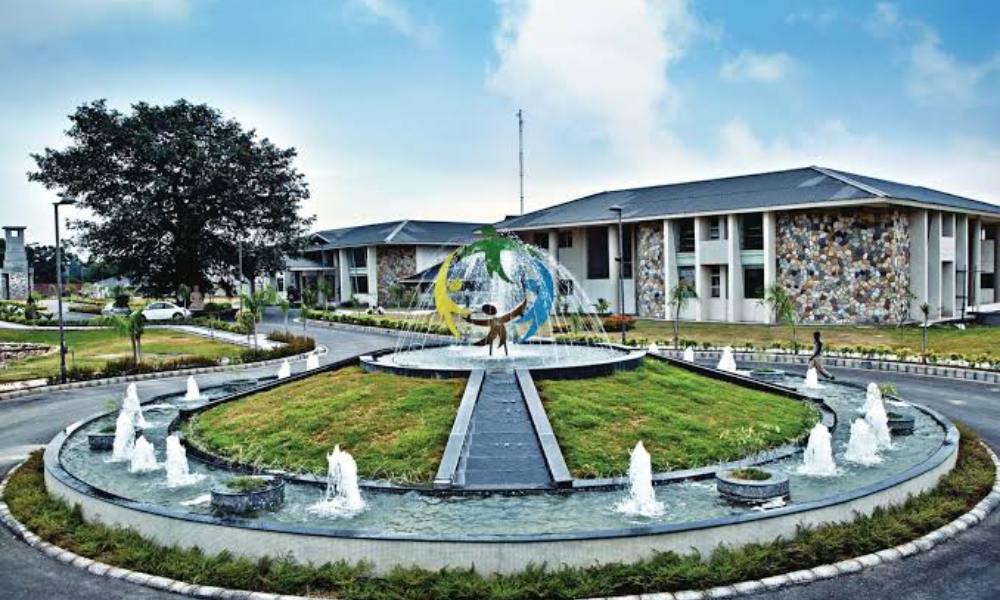With the increasing trend of globalization and the rising aspirations of Indian families, international boarding schools in India have emerged as an attractive alternative to traditional educational institutions in the country.
These schools, which offer global curricula like the International Baccalaureate (IB) and Cambridge International Examinations, have become increasingly popular among Indian students and their families.
The Allure of International Boarding Schools

One of the primary drivers behind the growth of international boarding schools in India is the desire for a more well-rounded and globally-focused education. These schools often provide a diverse learning environment, exposing students to different cultures, languages, and perspectives.
This exposure is seen as a valuable asset in an increasingly interconnected world, as it helps prepare students for success in an international context.
Moreover, the global curricula offered by these schools are viewed as more rigorous and prestigious than traditional Indian educational systems.
The IB and Cambridge programs, in particular, are highly regarded and recognized worldwide, offering students the opportunity to gain qualifications that are valued by universities and employers globally.
The Opportunities for Indian Families

For Indian families, the rise of international boarding schools presents several opportunities. Firstly, these schools offer a pathway for students to gain access to top-tier universities abroad, particularly in countries like the United Kingdom, which has become a lucrative destination for Indian students.
With approximately 500 boarding schools and 1,926 Indian students enrolling in these institutions in 2023, the UK has become a popular choice for Indian families seeking an international education.
Furthermore, international boarding schools in India are seen as a means of providing a more well-rounded education that goes beyond the traditional academic curriculum.
These schools often emphasize extracurricular activities, leadership development, and community service, equipping students with a diverse set of skills and experiences that can give them a competitive edge in the global job market.
The Challenges Faced by International Boarding Schools

Despite the growing popularity of international boarding schools in India, these institutions are not without their challenges.One of the primary concerns is the high cost associated with these schools, which can be a significant barrier for many Indian families. The tuition fees and living expenses can be prohibitively expensive, limiting access to only the wealthiest segments of the population.
Additionally, there are concerns about the cultural and social integration of students attending these international boarding schools.
While the exposure to diverse cultures and perspectives can be valuable, there is a risk of students becoming disconnected from their own cultural heritage and local communities. This can lead to a sense of alienation and a lack of understanding of Indian societal norms and traditions.
The Path Forward
To address these challenges, there is a need for a more inclusive and accessible approach to international boarding schools in India. This may involve the development of scholarship programs and financial aid initiatives to ensure that these educational opportunities are not limited to only the affluent.
Additionally, efforts should be made to integrate Indian cultural elements and traditions into the curriculum, ensuring that students maintain a strong connection to their roots while also gaining a global perspective.
Furthermore, the government and policymakers should play a more active role in regulating and supporting the growth of international boarding schools in India.
This could involve the introduction of quality assurance frameworks, teacher training programs, and collaborative initiatives with international educational institutions to ensure that these schools are providing a high-quality, well-rounded education that meets the needs of Indian students and families.
Conclusion
The rise of international boarding schools in India represents a significant shift in the educational landscape of the country. While these institutions offer a wealth of opportunities for Indian students, including access to globally recognized curricula and exposure to diverse cultural perspectives, they also face challenges in terms of affordability and cultural integration.
To ensure that the benefits of international boarding schools are accessible to a wider segment of the Indian population, a more inclusive and collaborative approach is needed.
By addressing the financial and cultural barriers, and by working closely with policymakers and stakeholders, these schools can become a transformative force in shaping the future of education in India.









